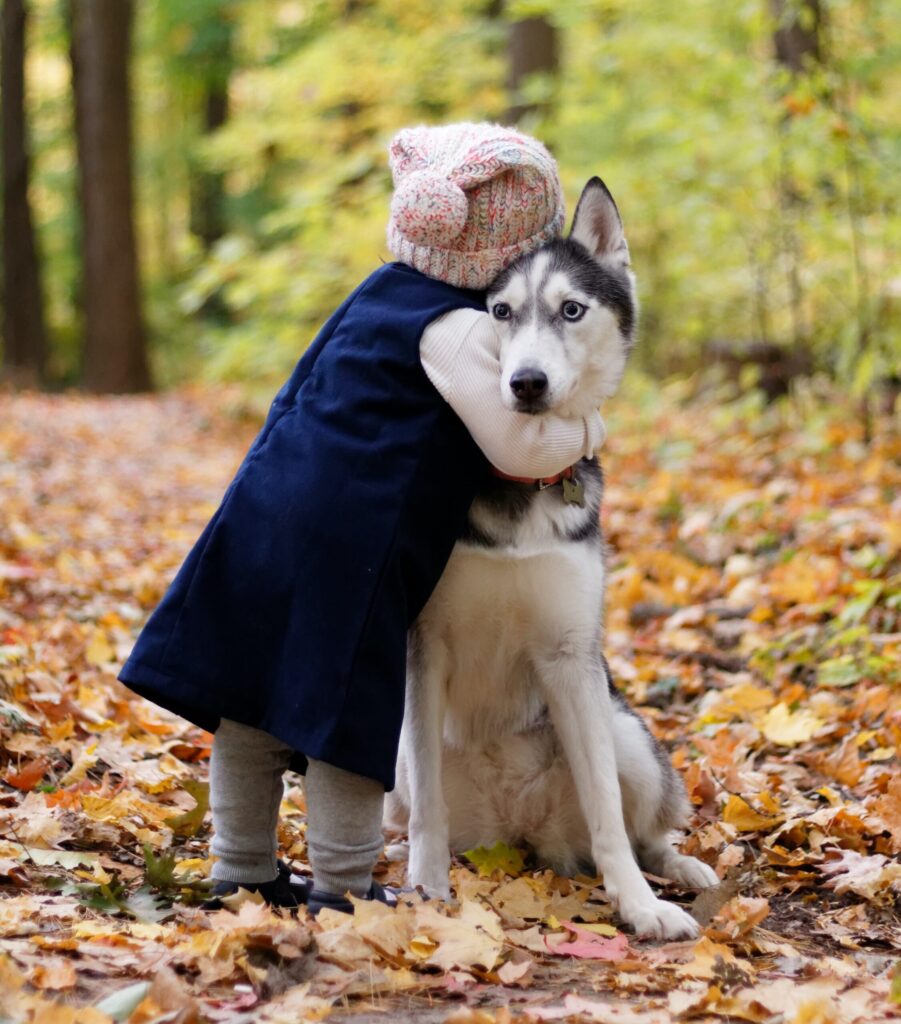Dear Sophia:
My neighbors’ dog died recently and they are devastated, as is my young daughter who loved playing with the dog. My daughter’s grief I can understand —she is five—but the adults? They can get another dog. At the same time, I want to be a good neighbor, as well as a good parent, and reach out to them. What should I do?
Also, my daughter is asking if the dog went to heaven. I don’t know what to tell her. Help!
Sincerely,
A Good Neighbor
Dear Good Neighbor:
Your first question reminds me of when Jesus responds to a different question: “Teacher, which commandment in the law is greatest?” and Jesus replies, ‘“You shall love the Lord your God with all your heart, and with all your soul, and with all your mind.” This is the greatest and first commandment. And a second is like it: “You shall love your neighbor as yourself.” On these two commandments hang all the law and the prophets’ (Matthew 22:34-40).
In one fell swoop, Jesus has just taught the most direct lesson on empathy, setting it up as one of the two greatest commandments which he orders us to follow. Thinking about how we would feel if we were in the same situation as another person leads us to compassion and Christ-like action. After all, in Greek, empathy means ‘em’ (in) + ‘pathos’ (feeling)—literally in another’s feelings. But how do you feel something for someone that you don’t actually feel yourself?
As the good neighbor and kind parent you clearly are, this is where the “love your neighbor as yourself” comes as action, if not feeling. If this were your devastation and someone didn’t have the same feeling experience, what would you want them to do, Good Neighbor? An animal companion’s death is the death of a creature who brought your neighbors comfort and joy. Their relationship with their dog was important to them, which may be puzzling to you, but it is their experience. Now they are grieving. When you have had a loss, what brought you comfort? A card? A meal? Someone with whom to talk about your loss, with no advice or judgment given? Someone who just sat with you while you cried and didn’t say a word? Perhaps start with a card and maybe ask if you and your daughter could give to an animal charity of their choice in honor of their dog. Having even a small connection to another helps ease the isolation of grief. The article It’s Not “Just a Dog”: The Ministry of Animal Companions has more suggestions on what to do and may be helpful.
The same goes for your dear daughter. Allow her to talk about her sadness and how it is natural to be sad when someone you love dies. She may want to draw a picture of the dog and give it to the neighbors. If they have a memorial service and invite you, it would be a good way for you to support them and your daughter in their mourning of this special relationship. The book, When Your Pet Dies: A Guide to Mourning, Remembering, and Healing by Alan D. Wolfelt, Ph.D., may also be useful in helping your daughter through her grief process.

Now for the big question: Do all dogs go to heaven? Of course they do! As do cats and rats and elephants. The followers of the religious order of St. Francis—the patron saint of animals—and many other Christian people, believe in the care of all creation, and see every creature as a sibling in God. If that does not land with you, then how about the way the 13th century Christian mystic and friar of the Dominican Order of Preachers, Meister Eckhart saw it: “Every single creature is full of God and is a book about God. Every creature is a word of God. If I spend enough time with the tiniest creature, even a caterpillar, I would never have to prepare a sermon. So full of God is every creature.” Or perhaps Thomas Aquinas is even more convincing to you, Good Neighbor, when he writes, “God brought things into being in order that his [sic] goodness might be communicated to creatures, and be represented by them; and because his goodness could not be adequately represented by one creature alone, he produced many and diverse creatures, that what was wanting to one in the representation of the divine goodness might be supplied by another. For goodness, which in God is simple and uniform, in creatures is manifold and divided.” Summa Theologica, I, 47, 1
In scripture, we read about how God created animals in the beginning of the world and said it was good. Therefore, animals do not belong to us. They belong to God, as reflected in Psalm 50:10-11:
“For every wild animal of the forest is mine,
the cattle on a thousand hills.
I know all the birds of the air,
and all that moves in the field is mine.”
As Christians, we believe that we were created by, belong to, and will return to God when we die—we are marked in baptism as Christ’s own forever. Why would this not be the same for God’s other creatures of creation who belong to God?
Ultimately, however, you may not agree with me, so this is an opportunity to talk about your own beliefs about death and the afterlife with your daughter. If heaven is part of your beliefs, dear Good Neighbor, I recommend getting a book such as Dog Heaven by Cynthia Rylant to share with your daughter. If you are interested in exploring more in-depth prayers, essays, and liturgies about dogs and other siblings of creation, you may find the following useful:
Prayers My Dogs Have Taught Me: Dog Psalms by Herbert Brokering
Blessing the Animals: Prayers and Ceremonies to Celebrate God’s Creatures, Wild and Tame Edited by Lynn L. Caruso
We Thank You, God, For These: Blessings and Prayers for Family Pets by Anthony F. Chiffolo and Rayner W. Hesse, Jr.
Animal Rites: Liturgies of Animal Care by Andrew Linzey
Saints of Feather and Fang by Caryn Rivadeneira
I hope these suggestions help you be a light in the world to your grieving neighbors, dear Good Neighbor, and exemplify to your daughter what it means to truly love your neighbor as yourself.
Faithfully,
Sophia
Need more advice?
(Or wish to share a recurring feature in your congregation’s e-newsletters?)
Check out: Dear Sophia: Should I Reveal My Spirituality to a Date?



